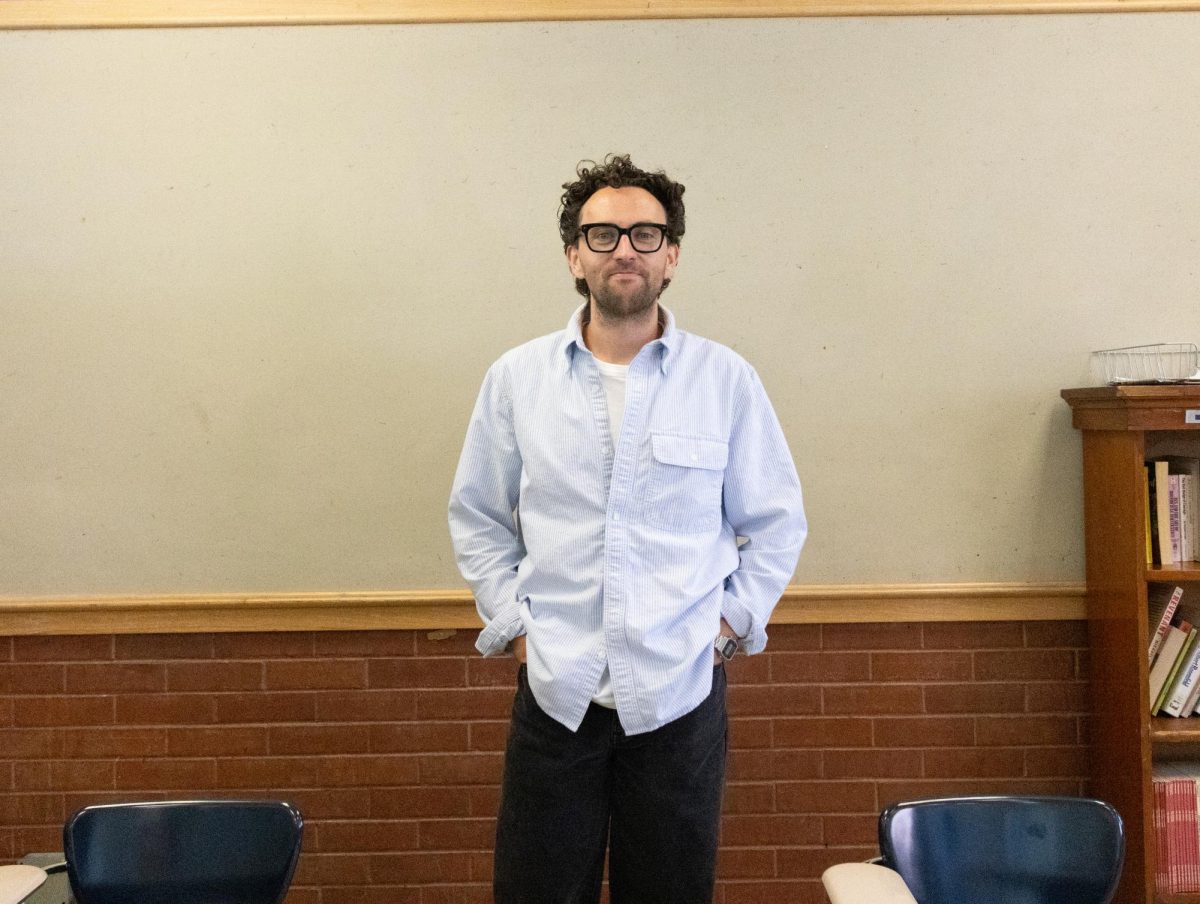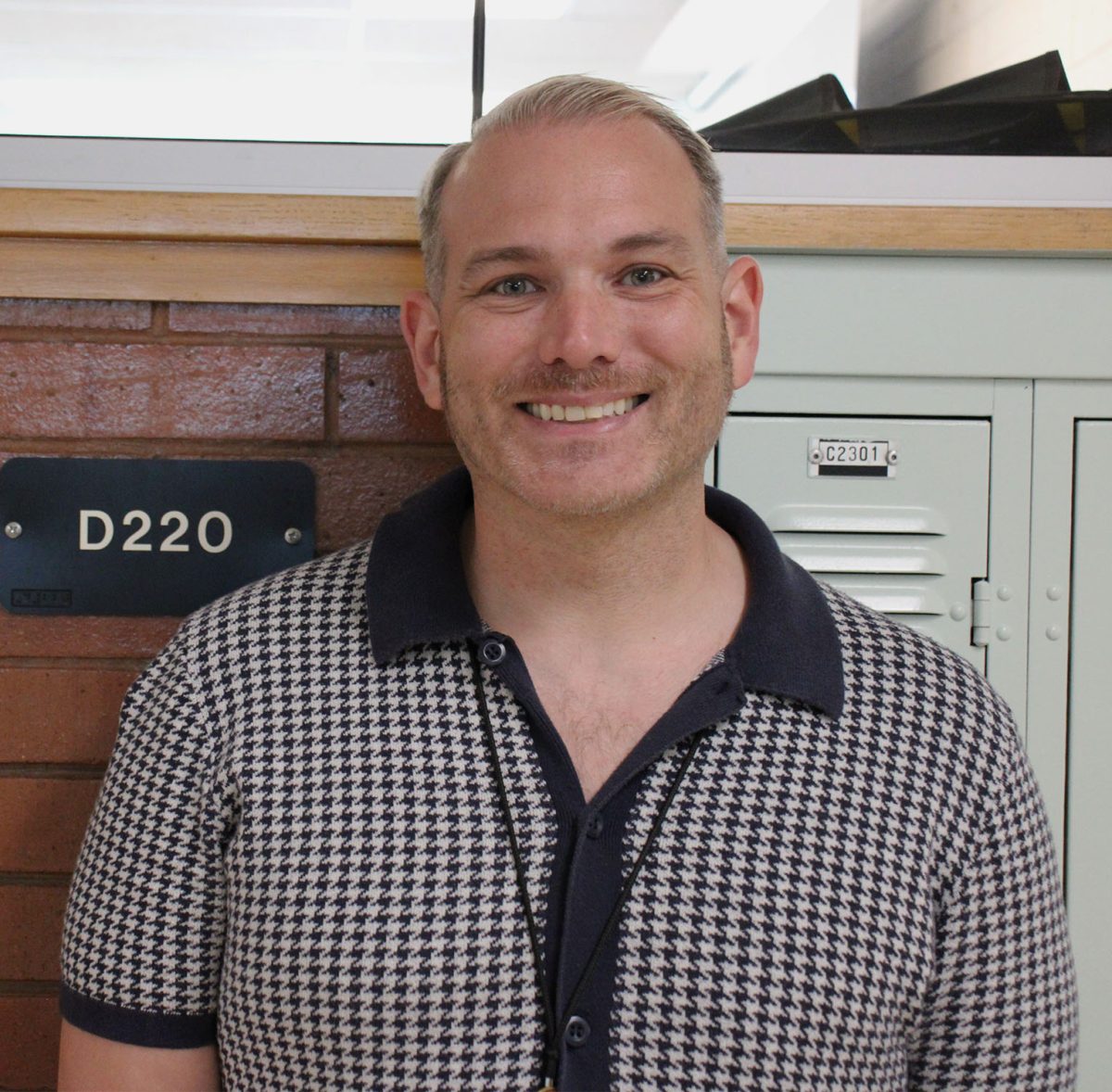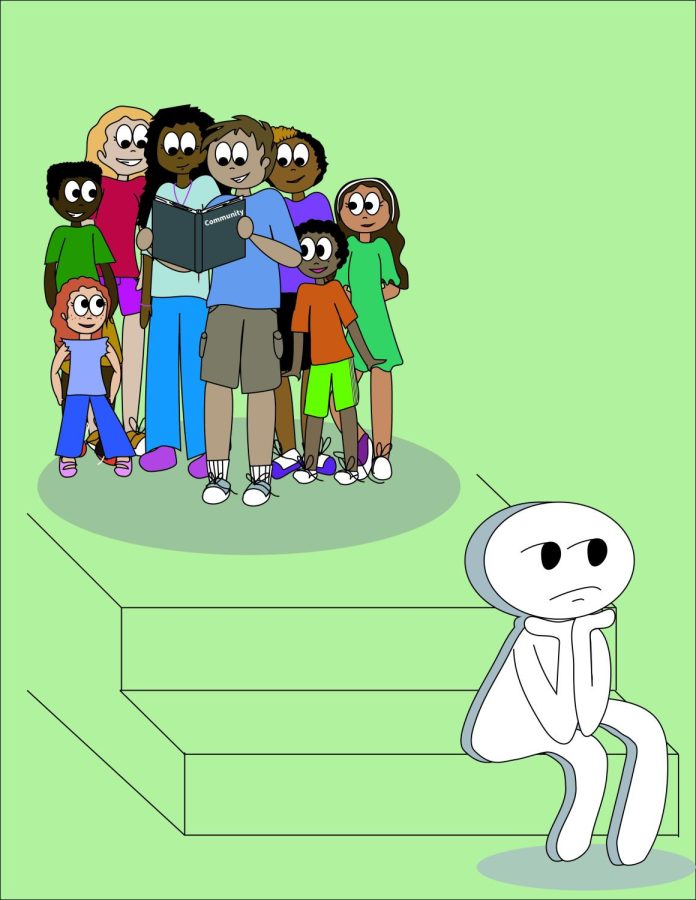Religious Exclusivity
June 5, 2023
In the state of Utah, approximately 66% of the population identify as members of the Church of Jesus Christ of Latter-Day Saints, or Mormon. In Salt Lake City, less than 50% identify this way, but there is still a common question asked when meeting someone; “are you Mormon?”
Even at Highland, which is in Salt Lake City, there is still a significant amount of people, students, and staff, who are Mormon that it raises the same question. Even though there are many students who are not part of this community, it can still feel like they’re left out.
The LDS church has a strong sense of community and teachings that leave certain impressions in its members while they grow up. Even though many members have different stances on parts of their church, the actual beliefs don’t change the connection through other things that they have known since being small children.
“I’ve never felt left out exactly,” Highland Senior Cooper Jones said. “It just makes it feel like the whole city knows each other because they see everyone else at church.”
People who grew up in the LDS church and left still can relate to the community of members as they grew up learning similar things. Primary songs, children’s church songs, are a great example of this.
Most members learn these songs as children, and they then stick with them and are commonly sung between friends who are reminiscing the memories of being in their primary classes.
You could be with many of your friends who have left their church and yet they would still all know something that a non-member never learned which lacks a sense of inclusivity.
“It kind of just feels awkward,” Cadence Long, a freshman at Highland, said. “It feels like I shouldn’t even be in the conversation.”
This feeling of awkwardness is a common feeling for many Highland students who do not have ties to the LDS church. Not only is it weird to be in a conversation where you don’t understand the references being used, but many also feel like they cannot or do not want to state their true opinions for fear of arguments or being looked down on.
“Sometimes I hear things I disagree with,” Highland senior Sam Mathison said. “But most of the time I decide to keep my thoughts in my brain because to me it doesn’t matter that much to the point where I would tell them. I hate arguments and the last thing I would want is to argue with someone about their beliefs. I think there are pros and cons to the church, but personally I keep my disagreements to myself for the sole purpose of thinking it doesn’t need to be said.”
Not only do people on the outside have disagreements with the LDS church, but there are also internal disagreements that are not commonly recognized.
A big part of the LDS church is their missionaries. Missions are very common, especially for Utah kids who have been raised in the church and see it as the expected standard.
Boys can leave for their missions when they are 18 and girls can leave when they are 19. Boys typically serve for two years and girls for 18 months.
Even people who are a part of this church have disagreements about missions as many boys who choose not to go can be looked down on by other people in their communities. It is commonly acknowledged that boys are expected to go, and girls have the option. It is a process to be accepted and receive a call, and it is a long time to be away from home.
“That part sucks,” Jones said. “It feels like the majority of the guys I have gotten close with are leaving for two years, and then a year later a bunch of the girls will be gone too.”
In Utah, not only does the LDS church affect communities between members and nonmembers, but arguably the government as well.
Many argue that Utah has trouble with the separation of church and state due to the population leaning towards one religion. Even if this is not intentional, approximately 88% of the Utah state legislature is affiliated with the LDS church.
Even though these leaders may agree with the separation of church and state, their morals and opinions may be heavily influenced by being raised in a specific religion or even having converted later in life.
Many people do not let these things influence who they are friends with as most people have friends despite their religious affiliation. It is only an added conflict many must face as they try not to feel isolated from their friends who may disagree philosophically.
Although it is not a bad thing for a group of people to have a strong sense of community, it is still important to recognize the hardships of the people who are not part of the same religion.
People on both ends are affected in different ways from this sense of community, and moving forward, the people of both ends should acknowledge ways they could bridge this gap while respecting each other’s views.





























